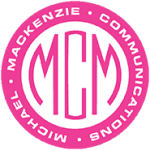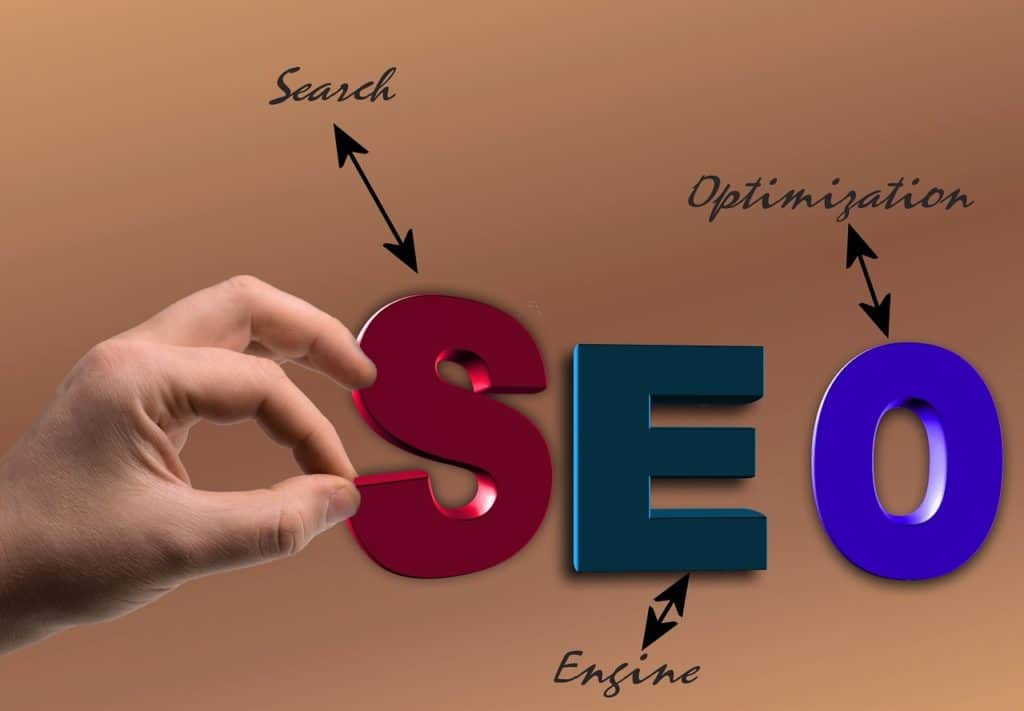We’ve all seen the emails: “Get your web site ranked #1 on all the search engines in just one week!” And for those not familiar with search engine optimization (SEO) and search engine marketing (SEM), that sounds like a fast, easy (and cheap) win. After all, who doesn’t want to be at the top of the search engine listings? But are companies that promise the moon in a short period of time legit? Chances are, they’re not.
Most of these “quick win” companies rely on spamming techniques to generate fast results for their clients. But once Google, Bing and the other search engines realize they’ve been had, your web site will quickly fall to the bottom of the pile. And by then, the company that you trusted to do your SEO/SEM is long gone.
So, what exactly is the difference between SEO and SEM? In simple terms, SEO is how you optimize your site to generate organic search engine rankings, and by extension, traffic to your web site. SEM includes SEO strategies, but also incorporates paid search optimization using ads and other outbound marketing tactics. For this blog, I’m going to focus on SEO.
Authentic SEO is a long-term commitment. It takes time and effort to rank well and stay on top, but it’s not impossible. The most important part of SEO is having a plan, then working the plan to keep your web site optimized and relevant.
Search engines look for a few things in particular when ranking web sites:
- Keywords: Are the words that best describe your company and your product/offering used properly in your page content? And by properly, I mean you’re not “keyword stuffing” your content but rather writing logical, easy to read descriptions of your offerings using the keywords for which you want the highest rankings.
- Backlinks: Are the sites that link to your web site legit? Do they have good rankings themselves? Legitimate backlinks, including those from social media, help the search engines determine trustworthy sites.
- Internal links: Do you have internal links to establish relationships between multiple pages with related content? Internal links, used in moderation, help search engines determine how your content is organized, and create context to deliver relevant content to searchers.
- Broken links: Do you have old content with broken links? Have you reorganized your site but not updated all the links within the content? Broken links are a red flag for search engines.
- Errors: Do you have spelling errors, inconsistencies and typos on your pages? Search engines won’t interpret “dgo bowl” as “dog bowl” for page content, only for searchers themselves.
- Page size: Are your pages too large, perhaps because of images that are high resolution? If a page takes too long to load, the search engines move on.
- Meta description: Do you have meta descriptions on all your pages? Are they the right length and contain the right keywords? The meta description is a short snippet, generally less than 160 characters, that describes the content of a page. Search engines display this description in the search results, so having the right description will generate clicks.
- Content age: Have you updated your page content in the last year? The older the page content, the less relevant it looks to the search engines.
SEO is a complex topic with many moving parts, and I haven’t even mentioned competitors, analytics and generating new content. But if you start with the easy fixes, the rest of the plan becomes less overwhelming. Or better yet, hire a firm that does SEO the right way, instead of the fast way. It may cost a little more, but the results will be worth it.
This post is courtesy of MMC Project Manager Chris White.

